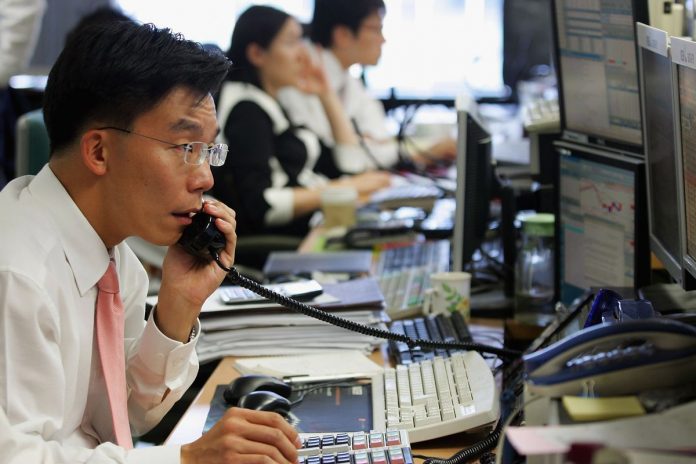South Korea has set next year’s hourly minimum wage at 10,030 won ($7.3) – a 1.7% increase from this year’s 9,860 won, the second-slowest growth pace since the 1.5% rise in 2021. However, small business operators and mom-and-pop store owners complained the increase would make it harder for them to make ends meet amid weak economic conditions.
With the 1.7% increase, the country’s hourly minimum wage entered the 10,000 won range for the first time since the minimum wage system was introduced in 1988. The 2025 hourly minimum wage translates into 2.1 million won a month based on a 40-hour workweek.
At a Minimum Wage Commission meeting held earlier on Friday (July 12), representatives of Korea’s workers’ group called for a 28% increase to 12,600 won, while management groups demanded a freeze.
Following the commission meeting, the Ministry of Employment and Labor said the wage increase will directly affect some 3 million people working for smaller businesses, convenience stores, and other miscellaneous jobs.
Small business owners face difficulties
Despite the smaller-than-expected minimum wage increase, however, small business owners said they expect their business conditions to worsen next year.
In 2023, more than a third of accommodation facility and restaurant operators failed to meet the minimum wage requirements because of their weak business performance. For businesses with fewer than five employees, the failure rate was 49.4%, meaning almost half of them couldn’t pay their employees properly.
According to the Korea Enterprises Federation (KEF), Korea’s nominal wages across the entire industry increased by 17.2% on average from 2018 to 2023. Over the same period, consumer prices rose 12.6% while the minimum wage gained 27.8%.
With the Korean minimum wage hovering above 10,000 won, the country will become Asia’s highest minimum wage paying country next year for the second straight year. This year, Seoul surpassed Tokyo, which pays 1,113 yen, or 9,510 won, an hour in minimum wage. – The Korea Economic Daily




















